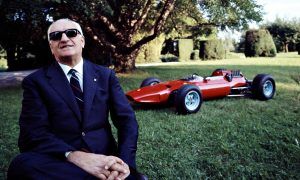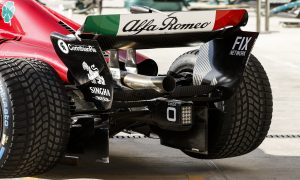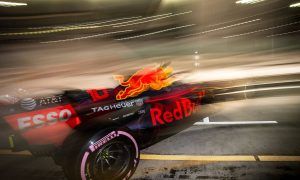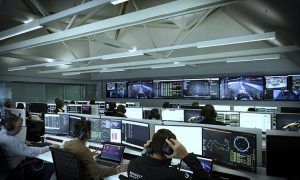Besides the race, the qualifying session is the other major highlight of any Formula One grand prix weekend. But that’s not the only thing taking place on any given Saturday at a circuit. Force India chief race engineer Tom McCullough talks F1i technical expert Nicolas Carpentiers through his team’s routine.
8:00 – 11:00: PREPARATIONS
While it’s fair to claim that all F1 Saturdays boil down to qualifying, it is also a reductive view of what teams achieve on any race’s eve. Granted, the tension and stakes do go up a few notches in the afternoon, but drivers, engineers, mechanics and other team personnel are also working hard before and after the grid-defining session.
The times when drivers would turn up only minutes before the track turned green are definitely over: nowadays everything is being very carefully mapped out.
“At the end of the day, there is no magic,” Force India chief race engineer Tom McCullough explains. “People think that there's magic to this game, but there isn't. It's just a global optimisation game.”
A methodical approach that requires everyone to stay focussed and keep their cool.
“The first task of the mechanics is to heat up the engine, including the battery, as well as the hydraulic systems. Hybrid-powered F1 cars are highly sophisticated machines that require complex procedures.”
Saturday begins with a little warm up of the car: “We always arrive at the circuit five minutes after the curfew, around 8 am. There is a procedure to follow with the car to get ready in the morning from a temperature point of view.
“Straight away, the mechanics start heating up the engine. There are heaters for the engine, oil gearbox, hydraulics. Then 20 minutes after we arrived there is pitstop practice.
“Then… people tend to have breakfast!”
Back in the garage, the staff make sure that everything on the car is operational; they open the gearbox, sign up electronics control systems, while also often doing some last-minute adjustments.
“One hour before the third free practice session [usually around 10:00], we have an engineering meeting, where the drivers are in with all the engineers: aerodynamics people, engine people, etc.
“Our two mission controls at the factory always listen into the meeting: the aero people at our Brackley facility and the others at the main factory in Silverstone. We do the plan for the day.
“In fact, I'd say communication is one of the most central responsibilities of my role. In a team of hundreds, making sure that everybody can see the big picture and get the most out of our potential is essential to our success.”








